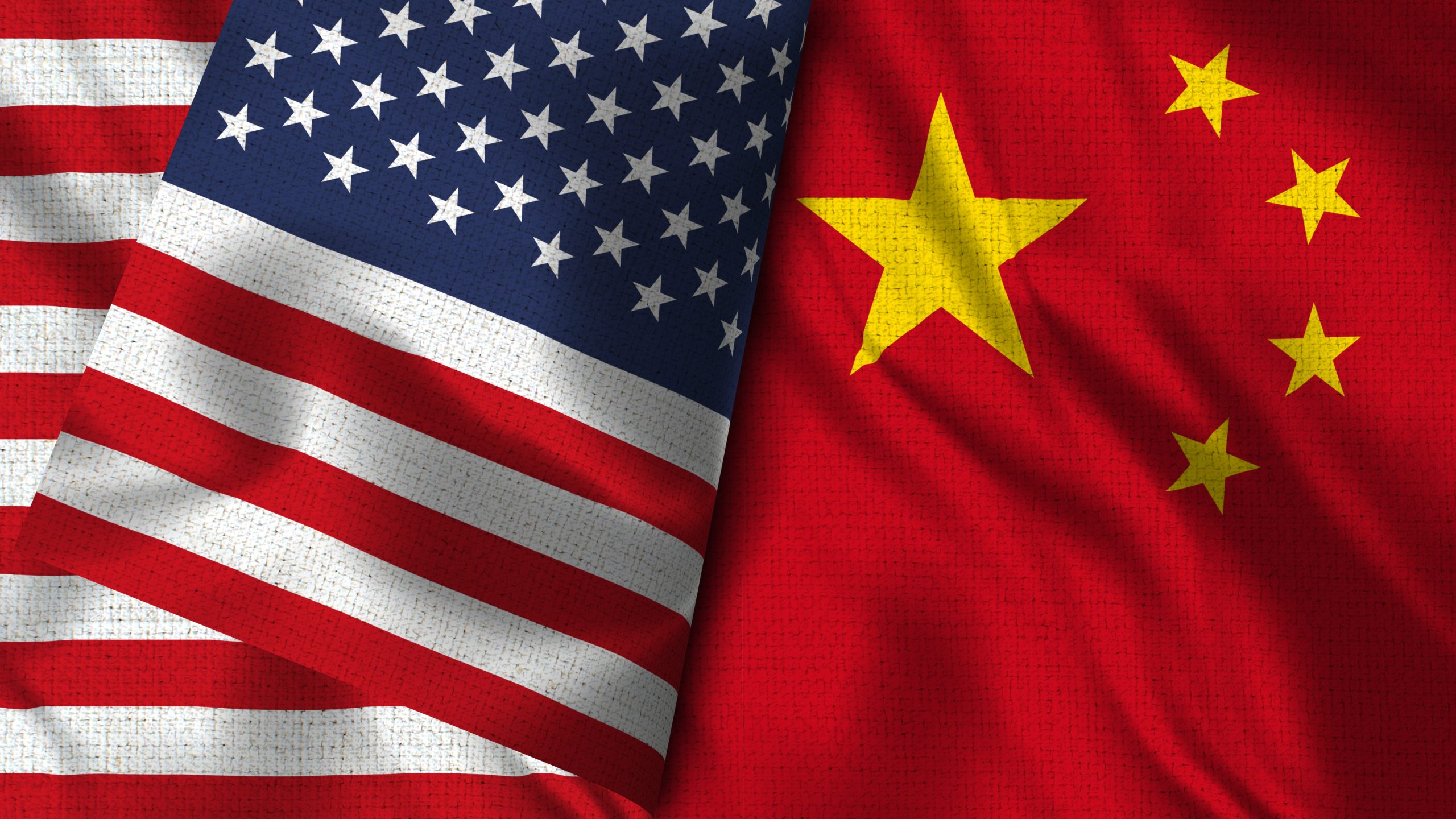GGR Issue Briefings / Working Papers
Humanitarian Assistance under Crisis in Myanmar
AbstractThis paper analyzes how ASEAN member countries and stakeholders have tried to raise funding for humanitarian assistance in Myanmar in response to the blocking of such aid by Myanmar’s military junta since February 2021. Japan’s foreign policy portrays the ethical dilemma of whether to work with the military junta, and numerous Myanmar citizens in Japan as well as Japanese people have criticized Japan’s official development assistance. In this paper, the role of international humanitarian organizations is emphasized as they are taking the role of important stakeholder, providing financial support to local organizations in order to deliver humanitarian aid to those in need. The paper concludes with policy recommendations, such as the use of pro-democratic channels for delivering humanitarian aid to ASEAN and international organizations.
Attention-Gaining Fact Checking and Its Potential in the Era of “Information Warfare”
AbstractFact-checking is being conducted around the world to counter the spread of false and suspect information on the Internet and social networking services. In Japan, the spread of false information and disinformation due to the Corona pandemic has put the competence of fact-checking to the test. In Korea, fact-checking sections have been set up in online news sites that are viewed by many users, including the so-called “legacy media,” to verify various claims in free speech spaces since the 2010s. In this age of “information warfare” threats, Japanese media, also, should positively consider introducing comprehensive fact-checking into their reporting.
Economic Tranquility and Trade Agreements: How Global Economic Conditions May Affect the Indo-Pacific Economic Framework
AbstractIn October 2021, the Indo-Pacific Economic Framework (IPEF) was proposed by the US in order to achieve an open, connected, prosperous, and secure development in the Indo-Pacific region and to coordinate action toward the challenges of the 21st century, such as clean energy. However, while its potential benefits are enormous, a lack in effective economic outcomes for developing countries casts concerns over the framework. In this article, the author reviews the launch and expected success of the IPEF amidst a dampened global economy based on the international political economic theories and empirics, and the effect of economic global hardships on countries’ trade and economic cooperation. For this purpose, the author distinguishes between the demand for trade liberalization in form of international negotiations and the enactment of this demand, namely the domestic ratification process, and shows as a result that greater demand for trade liberalization does not necessarily lead to liberalization.
Are Disengaged Centennials Endangering Democracy?
AbstractCurrent world affairs such as the invasion of Ukraine, the spread of Covid-19, violation of human rights, disinformation, and the increasing distrust of people towards democracy raise uncertainty around the future of liberal societies, but research on younger age groups’ reactions to these trends, which will determine the course of societies in the future, is still limited. This article reviews databases to compare young people’s attitudes towards democracy in free countries and finds worrisome signals among centennials aged 18–28 in terms of political apathy, antisocial behavior, or even support for authoritarianism. One interesting result is the deep differences that this age group manifests when it comes to technocracy. This is something that can be pushed to boost institutions and confidence in democracy, but leaving it unchecked can also foster support for authoritarian approaches.
The Current Situation and Protection of the LGBTQ+ Population in Poland
AbstractThe following paper deals with the situation of the LGBTQ+ population in Poland from the perspective of human security in order to debate possible future policies. The final goal is to give a policy recommendation that improves the situation and solves problems the LGBTQ+ community in Poland is facing, and that at the same time seems bearable and even desirable to the two actors concerned, i.e., the LGBTQ+ community and the current Polish government. To do so, this paper first explains the current situation of the LGBTQ+ community in Poland by analysing its current legal status, the currently implemented policies, and the behaviour of government politicians. Additionally, the impact of the current situation on LGBTQ+ people is examined to gain a better understanding of the issue to be solved. In the next step, three different policy options are introduced together with their positive and negative consequences as well as an estimation on how likely each of them is to be implemented as can be expected from the probable reaction of each actor. In the last step, the author gives his policy recommendation that is beneficial and practicable at the same time for both actors: namely, the compromise of protecting LGBTQ+ people legally from hate crimes and promoting tolerance as fellow citizens, without granting them full equality. Although this might not be the desired effect for the LGBTQ+ community, it would mean an increase in personal security for LGBTQ+ people and a possible double victory for the conservative current Polish government.
Is Myanmar a Dystopia?
AbstractThis article overviews the Myanmar political transition and the role the military has played in enforcing authoritarian and even “dystopian” measures to remain in power, in spite of the numerous attempts to establish a functional democracy. Dystopian fiction, such as Orwell’s 1984 novel or movies like Outbreak, often portrays the loss of human dignity and political repression. Parallels can be established between these fiction pieces and current affairs regarding the Burmese regime in areas such as information or state control. One of the measures most often mentioned as “dystopian” is the use of disinformation tools and campaigns to shift public opinion. The article assesses the current economic crisis and how the junta is projecting its plans to counter the shrinking effects of the Covid-19 pandemic on the economy, and the impact this will have on average citizens.
People from the Hopeless Land in the Midst of Endless Conflict
AbstractMyanmar's 70-year civil war has resulted in a large number of internally displaced persons (IDPs), and the number has been increasing rapidly since 2021. The author interviewed IDPs and their supporters, and reports that many people who were displaced from their normal lives by the war face extreme difficulties in terms of housing, food, infrastructure, education, and many other aspects.
Internet Outage and Freedom of Expression
AbstractAlthough the internet is a source of information and access to it represents the ability of the majority all over the world, including both young and old people, to enjoy the essence of freedom of speech, in some parts of the world people are struggling with the shutdown of the internet. In the wake of the February 1, 2021 coup, Myanmar was hit by a nationwide internet outage.
Reading U.S.-China Relations from the Perspective of Diplomatic History [in Japanese]
AbstractWhen looking at the U.S.-China relationship objectively over a long-term span, various factors other than the "confrontational" aspect that is generally focused on can be identified. This paper attaches importance to the careful reading of relevant diplomatic statements and documents to understand the U.S.-China relationship as it really is. What are the "core interests" of both the U.S. and China as seen in the official statements and documents? What are the biases that cloud our view over the U.S.-China relationship? And what was the historic nature of the modern U.S.-China relationship prior to Japan-China relations? This paper provides answers to these questions based on historical facts and documents, including the “China White Paper 1949” issued by the U.S. State Department, which the paper identifies as an important key to understand the traditional standpoint of U.S. policy on China.









